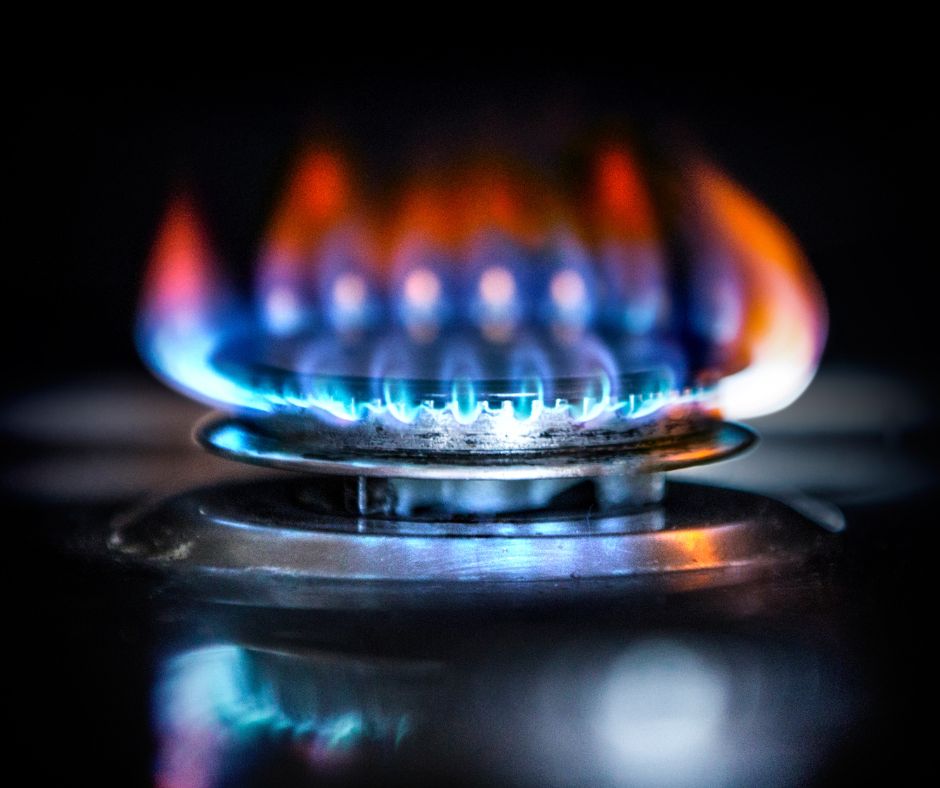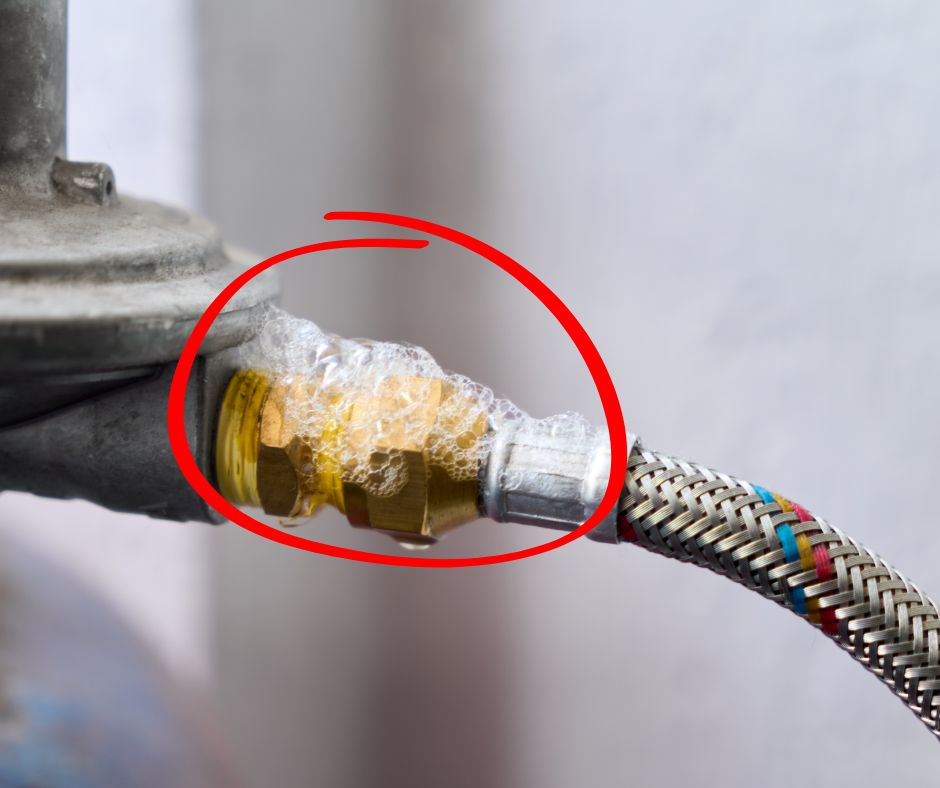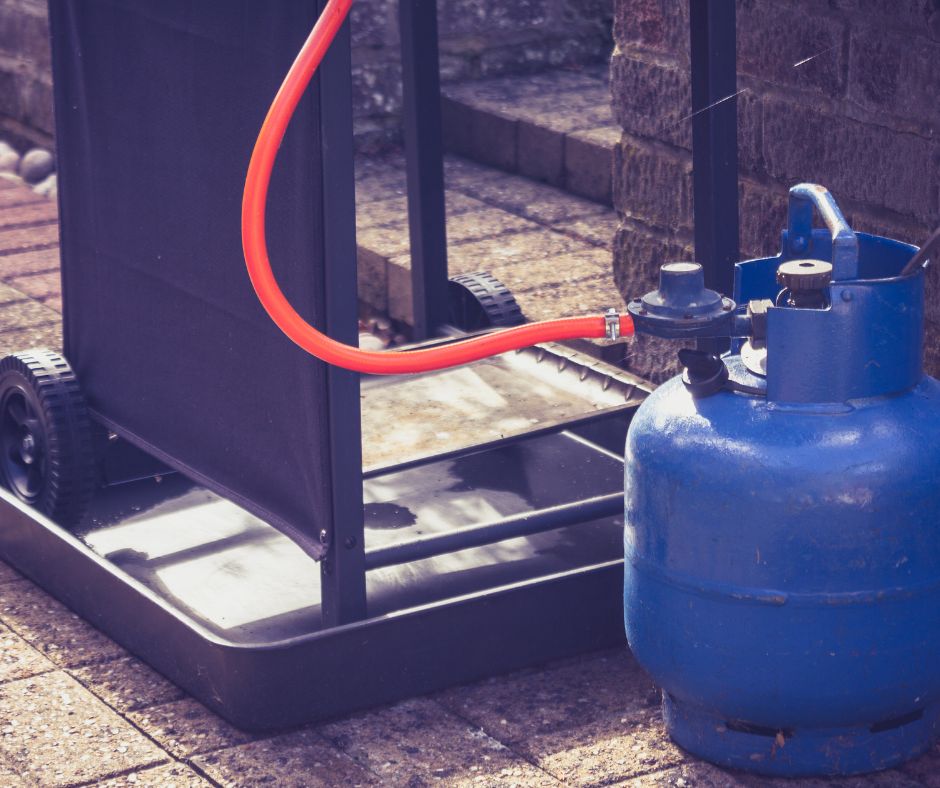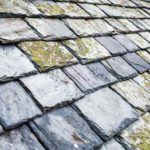Essential Steps to Identify Gas Leak Symptoms for Your Home’s Safety
Recognising the critical signs of a gas leak is paramount to safeguard your safety and that of others around you. If you detect a strong odour similar to rotten eggs, hear a hissing or whistling noise emanating from your gas appliances or pipes, witness yellow or orange flames instead of the usual blue, or if you frequently experience unexplained headaches or dizziness, these could all be serious indicators of a gas leak. Additionally, keep an eye out for dead plants near outdoor gas lines, as this might signify a significant concern. Should you observe any of these distressing signs in your <a href="https://writebuff.com/emergency-plumber-steps-for-burst-pipes-and-flexi-hoses/">Wollongong</a> residence, it is crucial to turn off your gas supply at the meter, ensure windows are opened for ventilation, and promptly contact a licensed gasfitter for professional assistance.

Knowing When to Immediately Contact a Gasfitter for Emergencies
Encountering a gas leak is an urgent matter that necessitates swift action; do not hesitate. Just a single spark can transform a seemingly safe household environment into a perilous situation. Gas leaks can arise from various sources, including faulty connections, ageing appliances, or even corrosion in buried gas lines. Quick detection and timely intervention are vital in preventing injuries, property damage, or even catastrophic incidents. Homes located in Wollongong, particularly those equipped with older gas heaters or inadequately ventilated setups, face heightened risks if their gas systems are not routinely inspected. This comprehensive guide aims to furnish you with the information necessary to identify a gas leak, the immediate actions required, and the appropriate moments to enlist a licensed gasfitter for urgent repairs.
Spotting the Major Indicators of a Gas Leak in Your Home
1. Detecting the Unique Odour of Rotten Eggs
Natural gas, in its pure form, is odourless; however, suppliers intentionally add a compound called mercaptan, which produces a strong, sulphur-like aroma, to assist in leak detection. If you suddenly notice a pronounced smell reminiscent of rotten eggs, it is imperative to take this warning seriously. This distinctive aroma acts as an immediate alert that gas may be leaking within your home, necessitating rapid action to guarantee the safety of all occupants.
2. Listening for Hissing or Whistling Noises Near Gas Appliances
A common indicator of a gas leak is the sound of gas escaping under pressure from a pipe or hose, often producing a soft yet perceptible hissing sound. If you hear such noises in proximity to your gas appliances or around gas lines, it could signify a leak. Always remain vigilant and investigate any unusual sounds, as they may represent a critical safety issue that demands immediate professional assessment.
3. Observing Flames with Unusual Colours in Your Appliances
Gas cooktops and heaters are designed to burn with a clean, bright blue flame. If you notice that the flames appear yellow or orange, or if they flicker erratically, this could indicate incomplete combustion, potentially caused by gas leaks or obstructions within the system. Observing such discoloured flames is an essential warning that something is amiss with your gas appliances, and it requires immediate investigation to avert further complications.
4. Experiencing Unexplained Physical Symptoms Among Family Members
If you or your household members frequently experience headaches, dizziness, nausea, or fatigue while indoors, these physical symptoms could suggest gas exposure or a build-up of carbon monoxide in an enclosed area. Such reactions are quite serious and should not be ignored. It is crucial to recognise these symptoms and take the appropriate precautions, as they may signal a hazardous situation requiring urgent intervention from a licensed gasfitter.
5. Noticing Wilting Houseplants or Dying Outdoor Vegetation
Gas leaks occurring near outdoor gas lines or under slab connections can lead to the gradual decline of nearby plants and vegetation. This happens due to the escaped gas displacing oxygen in the soil, making it increasingly difficult for plants to thrive. If you observe wilting or dying houseplants or outdoor flora in close proximity to these areas, it may suggest a gas leak that requires immediate evaluation by a qualified professional.

Essential Steps to Take If You Suspect a Gas Leak
1. Immediately Shut Off the Gas Supply
Identify your gas meter and turn the valve clockwise to stop the gas supply to your home. This valve is generally located on an exterior wall, either at the front or side of the property. Acting swiftly at this juncture is critical for ensuring safety.
2. Refrain from Using Any Electrical Devices
Avoid turning on lights, appliances, or any electrical outlets. Even the smallest spark from an electronic device can ignite leaked gas, resulting in potentially disastrous outcomes. Maintain a safe distance from any electrical sources until the situation has been thoroughly assessed.
3. Open All Windows and Doors for Adequate Ventilation
Ensuring proper airflow is fundamental for reducing the dangers associated with gas accumulation. Open all windows and doors to encourage fresh air circulation; cross-breezes are particularly effective in dissipating built-up gas. This action is crucial for lowering the concentration of gas in the surrounding atmosphere.
4. Avoid Attempting Repairs on Your Own
Only licensed gasfitters are legally authorised to repair or reconnect gas systems in NSW. Any attempt to tamper with the system can introduce additional risks and may invalidate your insurance policies. It is critical to leave repairs to qualified professionals who possess the requisite expertise and training.
5. Contact a Licensed Gasfitter Without Delay
If you suspect a gas leak, reach out to a licensed gasfitter for emergency response services in Wollongong and surrounding suburbs. Contact CS Plumbing’s licensed gas services or our 24/7 emergency plumbing team for prompt and professional assistance.
Comprehending Compliance with NSW Gas Safety Regulations for Your Home
In New South Wales, all gasfitting work must adhere to the Gas and Electricity (Consumer Safety) Act 2017, which ensures that the highest safety standards are maintained. All gas work must be conducted by a licensed gasfitter to comply with these essential regulations.
After any regulated work is completed, it is advisable to request a Certificate of Compliance to verify that all safety standards have been met. As a homeowner in Wollongong, you carry the legal responsibility for ensuring that your gas appliances and installations are maintained and repaired solely by licensed professionals.
Proactive Measures to Prevent Future Gas Leaks in Your Home
- Arrange for annual gas safety inspections, particularly before the winter heating season.
- Replace aged flexible gas hoses and bayonet fittings that show signs of cracking or brittleness to prevent leaks.
- Ensure vents and exhausts are free of obstructions to guarantee proper airflow.
- Regularly check for corrosion on outdoor connections, especially after heavy rainfall or exposure to coastal conditions.
- Utilise only reputable, certified gas appliances to ensure optimal safety and efficiency.

The Article: Detect and Respond to a Gas Leak in Your Wollongong Home first appeared on https://writebuff.com
The Article Gas Leak Detection and Response for Your Wollongong Home Was Found On https://limitsofstrategy.com

